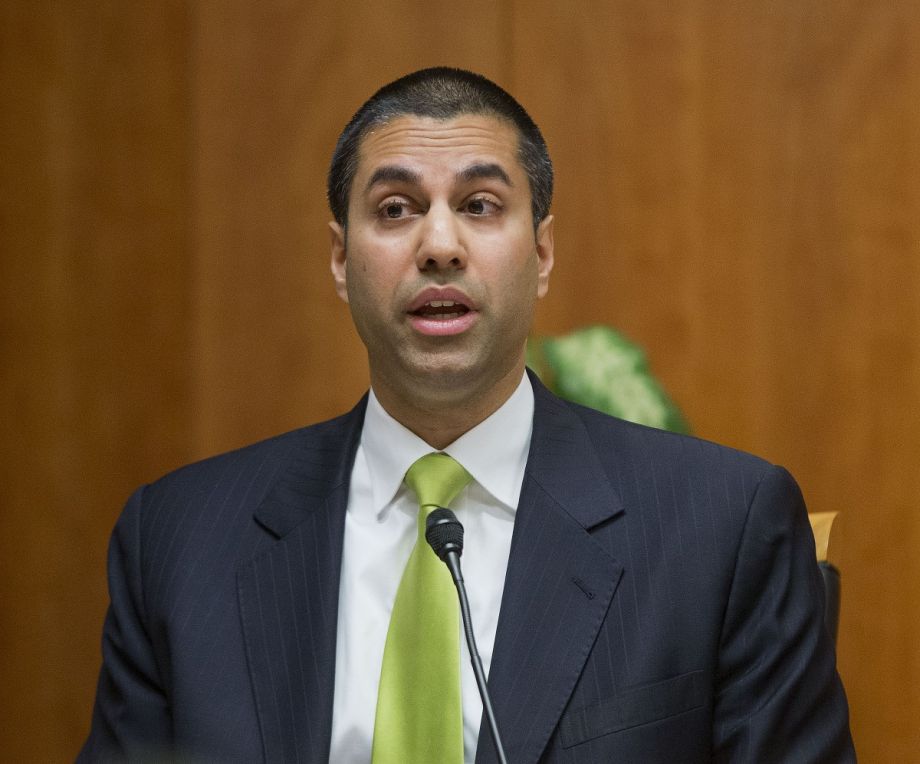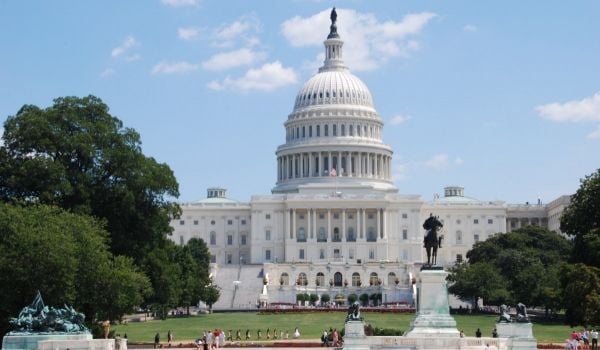Amid a slew of moves Friday, newly appointed FCC Chairman Ajit Pai slowed down the rollout of a program that subsidizes broadband for schools and low-income families, The Washington Post reports. The program, called Lifeline, provides registered households with a $9.25-a-month credit that they can use to buy home internet. As many as 13 million Americans living without home internet access may be eligible for the subsidy.
Under the new order, nine of the roughly 900 companies signed up to Lifeline will not be able to take part in the program. Residents relying on one of those nine companies will have to find a different internet service provider that is part of Lifeline, or, if none is available in their neighborhood, pay more for internet.
Until last year, Lifeline users could only apply their credits toward phone service. Pai’s predecessor, Tom Wheeler, expanded use of the credits to include broadband in 2016 based on an FCC ruling a year prior that declared broadband a public utility. Pai spoke out against both of these decisions, but has not said how we would approach overhauling the broadband classification.
Although he doesn’t consider internet a utility, Pai has spoken frequently about the importance of closing the digital divide since being named chairman by President Donald Trump last month.
“Access to broadband is increasingly critical for all Americans, no matter who they are or where they live,” Pai said in a statement in January. “It’s becoming the 21st-century gateway to jobs, health care, education, information, and economic development everywhere, from the smallest town to the largest city. That makes it imperative for us to remove regulatory barriers to the deployment of high-speed internet access.”
In a 2016 op-ed for Next City, Charlotte Mayor Jennifer Roberts emphasized that mayors have a role to play in bridging the digital divide. “City leaders must work to ensure that our residents, regardless of income, have the opportunity to take advantage of the prospering technology hotbeds that are emerging in places large and small, from Charlotte to Atlanta,” she wrote. “We cannot have two different tiers of internet access, and programs like Lifeline help address one of the main reasons families don’t have internet access: affordability.”
Critics say Pai’s decision makes it more difficult for low-income consumers to gain internet access. Daniel Neal, the founder of Kajeet, one of the nine companies affected by Pai’s Friday decision, told The Washington Post that he was concerned about the impact the rollback will have on education and schools.
“I’m most concerned about the children we serve,” Neal said. “We partner with school districts — 41 states and the District of Columbia — to provide educational broadband so that poor kids can do their homework.”
Supporters of the reversal, on the other hand, say worries are overblown, and that Pai’s decisions are not bad for net neutrality or internet access. “He favors a return to the bipartisan policy of light-touch regulation established in the early days of the commercial internet,” wrote Larry Downes, an internet industry analyst, for Forbes, “policies that have made possible the convergence of networks, media and technologies on the single open internet standard.”
Kelsey E. Thomas is a writer and editor based in the most upper-left corner of the country. She writes about urban policy, equitable development and the outdoors (but also about nearly everything else) with a focus on solutions-oriented journalism. She is a former associate editor and current contributing editor at Next City.
















